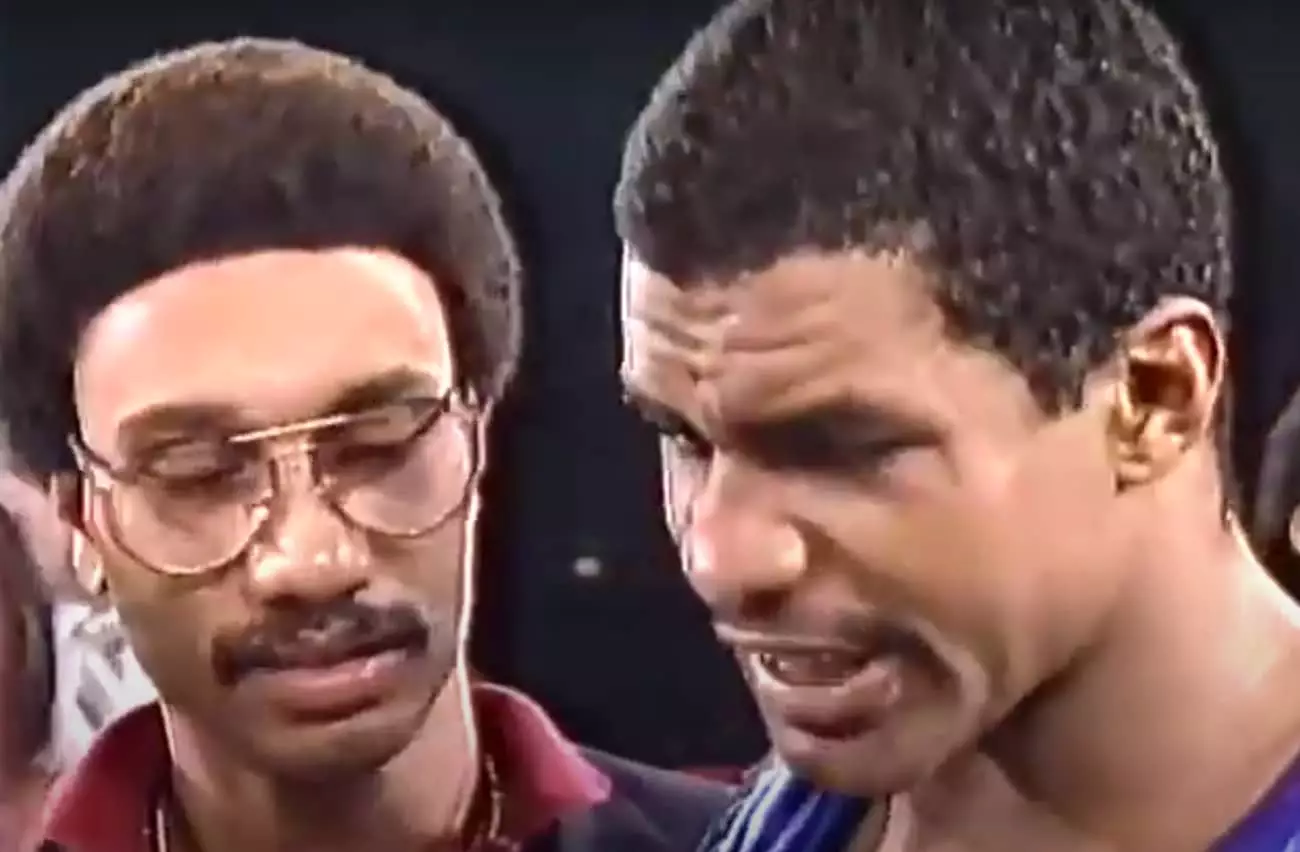Carlos De Leon, a name that resonates among boxing enthusiasts, epitomizes the highs and lows of a sports career marked by remarkable achievements and perplexing inconsistencies. Known as “Sugar,” this Puerto Rican boxer submerged audiences in a whirlwind of emotions, delivering stunning performances one night while appearing completely disengaged the next. De Leon’s capabilities were undeniable; he possessed the skill to dominate in the ring, yet the specter of underperformance lurked ever close. This duality of character has prompted analysts and fans alike to ponder the complexities of his legacy.
De Leon’s professional journey commenced at the tender age of 15 in August 1974. Early signs of proficiency appeared as he barreled through his first eight opponents, showcasing both technical prowess and his notable punching power. However, it was not all smooth sailing; a setback against Roberto Colon in 1975 served as a clarion call for potential pitfalls. By the time he reached the threshold of a world title shot, De Leon registered a 29-2 record, peppered with noteworthy challenges. The split decision loss to Ray Hammond further illustrated that championship aspirations could be thwarted by fierce competition.
His breakthrough came on November 25, 1980, when he faced Marvin Camel in New Orleans, an opportunity punctuated by the star-studded atmosphere surrounding the Sugar Ray Leonard vs. Roberto Duran bout. De Leon snatched the WBC cruiserweight title with a majority decision victory, marking him as one of the youngest champions in history. This victory was a testament to his immense talent, though his career would soon be a narrative threading through a myriad of accomplishments and setbacks.
De Leon’s tenure in boxing was punctuated by memorable engagements and extraordinary recoveries. A subsequent rematch with Camel saw him halting his opponent in the eighth round, reaffirming his stature. Yet, boxing can be cruel—his unexpected two-round defeat by S.T. Gordon testified to the mystifying nature of his career trajectory. One moment he was a championship fighter and the next, plagued by vulnerability.
Following that tumultuous loss, De Leon demonstrated rare resilience. He scored pivotal victories over recognized opponents like Ivy Brown and Leon Spinks, later exacting revenge on Gordon. This version of De Leon—confident and capable—etched him into history books as the first two-time cruiserweight champion. With subsequent title defenses demonstrating his technical acumen against fighters like Yaqui Lopez and Bash Ali, De Leon carved a path of both skill and unpredictability.
The year 1988 marked a pivotal moment in De Leon’s career as he faced Evander Holyfield in a clash that would shape the narrative surrounding both fighters. The match, a WBC/IBF/WBA unification fight, put to the test De Leon’s extensive repertoire. Despite demonstrating moments of brilliance, De Leon ultimately succumbed to Holyfield in the eighth round, providing a sobering reminder of his fragility against elite opponents. Yet, even from this loss, he emerged to reclaim his title in stunning fashion in May 1989, further solidifying his reputation within the sport.
However, the upswing was met with a dismal performance against Johnny Nelson that clouded the latter part of his career. The lack of vigor in this fight left a sour taste for fans, and the subsequent controversy against Massimiliano Duran, wherein De Leon was disqualified for a post-bell punch, punctuated an enigmatic end to his championship run.
Transitioning into heavyweight bouts, De Leon faced off against formidable foes in the latter stages of his career. His forays resulted in an 8-2 record against heavier competition, which hinted at the enduring spirit of a fighter who refused to wade quietly into retirement. He accumulated an impressive, albeit complex, overall record of 53 wins, 8 losses, and 1 no contest.
After retiring from the ring, De Leon dedicated himself to training his son, Carlos Jr. Yet, the boxing world mourned the untimely passing of De Leon at the age of 60 due to a heart attack in January 2020.
As experts and historians reflect on Carlos De Leon’s legacy, the questions remain: To what extent was he truly great? Was he more than a streaky performer capable of rousing thrills on occasion? For many, ‘Sugar’ De Leon will forever linger in discussions as one of the all-time greats of the cruiserweight division, a fighter whose potential matched the shadows of confusion that often clouded his significant talents. His story continues to be a testament to the complexities of sportsmanship; perhaps greatness is just as much about the journey as it is about the accolades attained along the way.

